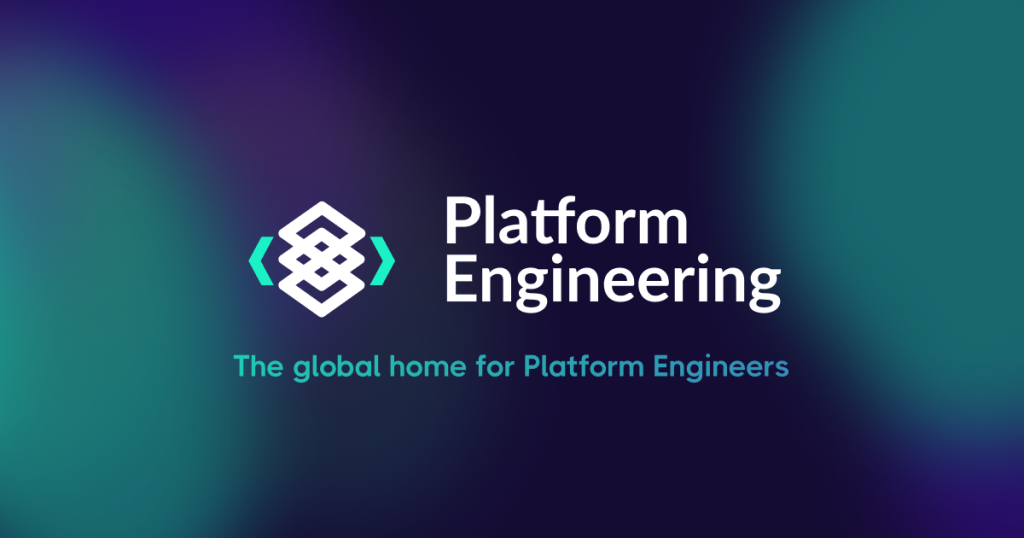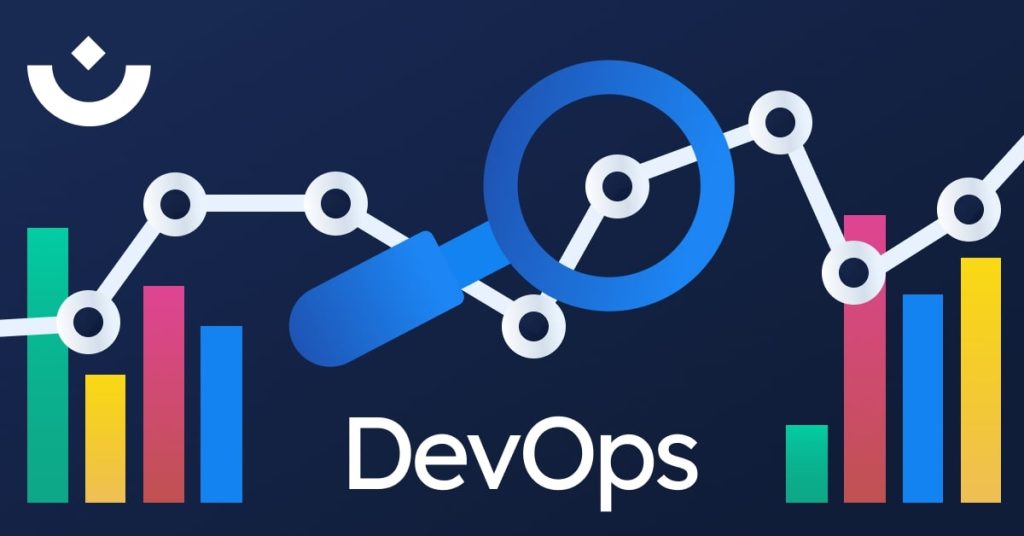Platform engineering is indeed a natural evolution of DevOps, rather than a replacement. DevOps focuses on creating a culture of collaboration between development and operations teams, with the goal of achieving faster and more efficient software delivery. Platform engineering builds on this foundation by providing a set of best practices and tools for creating and managing the infrastructure and services that enable this faster delivery.
The role of platform engineers is to design, build, and maintain the platforms and services that developers use to deploy and run their applications. These platforms can include cloud infrastructure, container orchestration systems, databases, and other services. By creating a standardized platform that developers can use, platform engineers enable developers to focus on writing code and delivering features, rather than worrying about the underlying infrastructure.
In addition to providing a standardized platform, platform engineering also includes practices like automation, monitoring, and testing, which are all essential components of a modern DevOps approach. Automation reduces the manual effort required to deploy and manage infrastructure, while monitoring and testing ensure that the platform is reliable and performs well.
Platform engineering represents an evolution of DevOps, rather than a replacement. By building on the foundational principles of DevOps, platform engineering provides a more mature approach to managing infrastructure and services, enabling organizations to achieve faster and more efficient software delivery.

What is platform engineering?
Platform engineering refers to the practice of designing, building, and maintaining the platforms and services that enable software developers to deploy and run their applications. A platform is a set of tools, infrastructure, and services that provide a consistent environment for developers to build and deploy their software applications.
Platform engineering is an essential aspect of modern software development, especially in the era of cloud computing and containerization. A platform engineer’s role is to design and implement the infrastructure and services that support the software development process, such as cloud infrastructure, container orchestration systems, databases, and other services. The goal of platform engineering is to provide a standardized platform that developers can use to deploy their applications, which increases the efficiency and reliability of the software delivery process.
In addition to building and maintaining the platform, platform engineers also focus on practices like automation, monitoring, and testing, which are critical to ensuring that the platform is reliable and performs well. Automation reduces the manual effort required to deploy and manage infrastructure, while monitoring and testing ensure that the platform is operating correctly and any issues are quickly identified and resolved.
platform engineering is a critical function within modern software development organizations. By providing a standardized platform and implementing best practices around automation, monitoring, and testing, platform engineers enable software development teams to focus on writing code and delivering features, rather than worrying about the underlying infrastructure.
What are the components of platform engineering?
Platform engineering is a complex process that involves various components, tools, and practices. Here are some of the critical components of platform engineering:
- Infrastructure as Code (IaC): IaC is a practice of defining and managing infrastructure in a code-like manner, enabling teams to easily deploy and manage resources using code. This ensures consistency across the platform and makes it easy to automate infrastructure provisioning.
- Containerization: Containerization is the process of packaging an application and its dependencies into a single container, making it easy to deploy and manage across different environments.
- Orchestration: Orchestration is the process of managing and coordinating the deployment and scaling of containerized applications across multiple hosts.
- Continuous Integration/Continuous Delivery (CI/CD): CI/CD is a set of practices that involve automating the process of building, testing, and deploying code changes to production environments. This ensures that software is delivered quickly, reliably, and consistently.
- Monitoring: Monitoring involves tracking the performance and availability of applications and infrastructure components. It enables platform engineers to quickly identify and resolve issues before they impact users.
- Security: Security is an essential component of platform engineering. It involves implementing security best practices and ensuring that the platform is protected against potential vulnerabilities.
- Platform APIs: Platform APIs are interfaces that allow developers to interact with the platform programmatically. This enables developers to automate workflows and integrate with other tools and services.
Platform engineering requires a combination of these components and practices to design and build a reliable and scalable platform that enables efficient software delivery.

What are the benefits of platform engineering?
There are several benefits to implementing platform engineering practices within a software development organization:
- Standardization: Platform engineering enables organizations to standardize the tools, infrastructure, and services that developers use to deploy and run their applications. This consistency improves productivity and reduces the time and effort required to manage different environments.
- Automation: Platform engineering promotes automation, reducing the manual effort required to deploy and manage infrastructure. This automation improves the speed and efficiency of the software delivery process.
- Scalability: Platform engineering enables organizations to scale their infrastructure and services to meet the needs of their applications as they grow. This scalability ensures that the platform can handle increased traffic and workload without downtime or performance issues.
- Reliability: Platform engineering enables organizations to create a reliable and robust platform that ensures the availability and performance of applications. This reliability reduces the likelihood of downtime, improving the user experience.
- Security: Platform engineering promotes security best practices, ensuring that the platform is protected against potential vulnerabilities. This security reduces the risk of data breaches and protects sensitive information.
- Collaboration: Platform engineering promotes collaboration between development and operations teams, enabling them to work together more effectively to deliver software quickly and reliably.
Platform engineering provides several benefits to software development organizations, including improved productivity, scalability, reliability, security, and collaboration. By implementing platform engineering practices, organizations can achieve faster and more efficient software delivery, while also ensuring the availability, performance, and security of their applications.
Final view: Platform engineering is progression
In conclusion, platform engineering represents a natural progression in the evolution of software development practices. By building on the foundational principles of DevOps, platform engineering provides a more mature approach to managing infrastructure and services, enabling organizations to achieve faster and more efficient software delivery.
Platform engineering provides several benefits to software development organizations, including standardization, automation, scalability, reliability, security, and collaboration. By implementing platform engineering practices, organizations can achieve a more streamlined and efficient software delivery process, enabling them to deliver high-quality software quickly and reliably.
platform engineering represents an important step forward in the evolution of software development, providing a more mature and efficient approach to managing infrastructure and services. As technology continues to evolve, it is likely that platform engineering will continue to play a critical role in the success of software development organizations.
Read More : Top 8 Things which you need know about Google Cloud!
There are several pros to platform engineering:
- Increased Efficiency: Engineering streamlines the process of building, deploying, and managing applications, enabling organizations to deliver software faster and more efficiently.
- Standardization: Engineering provides a standardized platform for developers to work on, reducing the likelihood of errors and ensuring consistency across different environments.
- Scalability: Engineering enables organizations to scale their infrastructure and services to meet the needs of their applications as they grow, ensuring that the platform can handle increased traffic and workload without downtime or performance issues.
- Reliability: Engineering enables organizations to create a reliable and robust platform that ensures the availability and performance of applications, reducing the likelihood of downtime and improving the user experience.
- Security: Engineering promotes security best practices, ensuring that the platform is protected against potential vulnerabilities, reducing the risk of data breaches and protecting sensitive information.
- Collaboration: Engineering promotes collaboration between development and operations teams, enabling them to work together more effectively to deliver software quickly and reliably.
Platform engineering provides several benefits to software development organizations, including increased efficiency, standardization, scalability, reliability, security, and collaboration. By implementing platform engineering practices, organizations can achieve faster and more efficient software delivery, while also ensuring the availability, performance, and security of their applications
Here are the cons of platform engineering:
- Complexity: Engineering can be complex, requiring significant expertise and experience to design, build, and manage a platform. This complexity can make it challenging to adopt platform engineering practices for some organizations, particularly smaller ones.
- Cost: Implementing platform engineering practices can be expensive, requiring investments in infrastructure, tools, and personnel. This cost can be prohibitive for some organizations, particularly those with limited budgets.
- Resistance to change: Platform engineering involves significant changes to the way software development is done, which can be met with resistance from some members of the organization. This resistance can slow down the adoption of platform engineering practices and hinder their effectiveness.
- Overengineering: In some cases, organizations may overengineer their platform, leading to unnecessary complexity and costs. It is essential to strike the right balance between the needs of the application and the resources required to run it.
- Tooling and vendor lock-in: Platform engineering requires the use of specialized tools and services, which can lead to vendor lock-in and make it challenging to switch to alternative solutions in the future.
- Maintenance and Support: The platform requires ongoing maintenance and support to ensure its continued operation. This can be a challenge for smaller organizations with limited resources.
while platform engineering provides many benefits, it is essential to consider the potential cons to ensure that the approach is appropriate for an organization’s needs and resources. It is crucial to strike a balance between the benefits and costs of platform engineering to ensure that the organization is maximizing its investments and achieving its goals.





